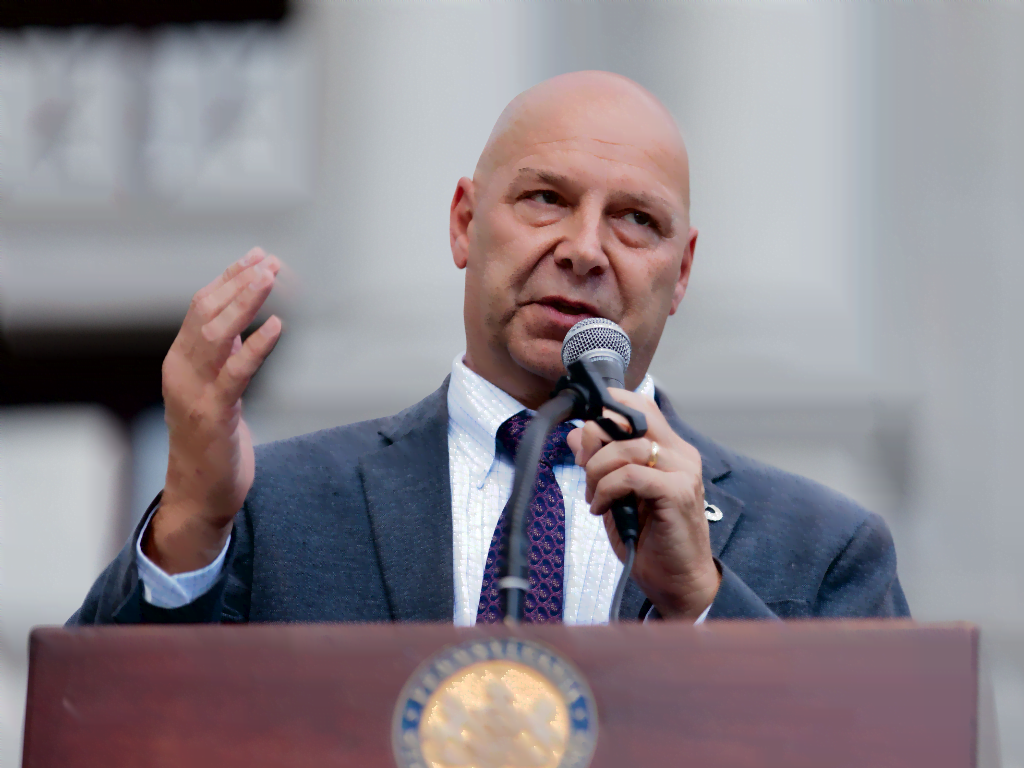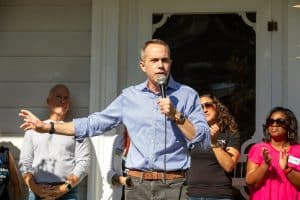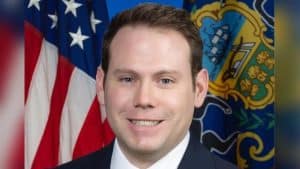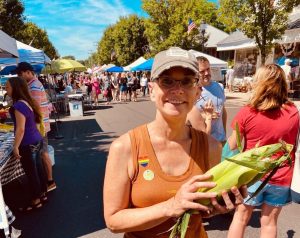Gone are the nights when Americans would gather around their televisions with only three evening news programs, and that’s a good thing. Today, information and data are readily and instantly available at our fingertips, which means Americans have myriad options to access the news. In fact, between internet sites, cable channels, streaming services, and social media, we have too many information sources to keep track of.
Many Americans choose to consume partisan news that confirms their existing beliefs because we are overwhelmed with options and it is easy and comfortable to go for the content with which we already agree. The danger here is that sometimes partisan news isn’t news at all, but opinion or spin dressed up to look and sound like something more official. This can lead consumers of partisan news to misunderstand a situation, or worse: they might not believe the truth at all. Failing to agree on a shared set of facts makes it impossible to find solutions to problems, and it deepens our already harmful political divide.
Hence, when GOP gubernatorial candidate Doug Mastriano refuses to engage with the mainstream press, opting instead to reach his supporters on social media and speak only with friendly right-wing media outlets, he is undoubtedly reaching a certain swath of Republican voters. These are Pennsylvanians who sought out the media that Mastriano himself utilizes, those who were likely to support him in the first place. Perhaps his engagement could also encourage campaign donations or mobilize voter support, and these are good reasons to campaign this way.
But the job of journalism differs fundamentally from the missions of social or partisan media, which is why Mastriano’s refusal to also engage with the mainstream press is problematic. Political journalists who cover elections report on the candidates and hold them answerable not only to the reporters but to voters themselves. Freedom of the press is guaranteed in the First Amendment, assuring that the government cannot stop journalists from holding our political leaders and institutions accountable. Without this oversight, unethical leaders could act dishonorably, which is why John Adams wrote: “The liberty of the press is essential to the security of the state.”
The political journalists who are covering the 2022 gubernatorial election will also inform voters, Republicans and Democrats alike, about both candidates. They cannot do this as effectively if one of the candidates does not engage with the press whose job it is to inform, leaving voters less knowledgeable than if Mastriano worked to connect via the press with all Pennsylvanians, and not just those with whom he already agreed.
This leads to a troubling question: What happens if/when Mastriano is elected? Will he continue to eschew the Harrisburg press corps that has covered the Capitol for Democratic and Republican administrations going back decades? Will one have to be a Facebook friend of the Governor to keep up with his legislative goals, or subscribe to Steve Bannon’s podcast to hear of his vision for the future? Will Mastriano strive to be a Governor only for those who agree with him all the time, those who confirm his existing beliefs for the entirety of his term in office? Are Pennsylvanians to become confirmation voters?
Americans are politically polarized right now, angry, and ready to fight. A candidate for office exacerbates this polarization when he makes it clear that he does not want to speak to the whole of his potential constituency. It is a universal truth that voters want to be asked for their vote. What is a voter to think when a candidate essentially says: I don’t care about reaching you?
Doug Mastriano is running for the top public service job in the Commonwealth. That does not mean that he gets to select the specific Pennsylvanians who are informed of his actions, or that he should only strive to communicate with only half of the state. Public servants are supposed to serve the whole, and do not pick what the public is informed of. To that end, Mastriano needs to engage with the mainstream press that represents the people of Pennsylvania, not just the media that comes with a flattering filter.
When Americans devour only the news that they like, instead of the news that informs and offers varying perspectives, they are not served with the reality necessary to make difficult decisions. When political candidates only seek out coverage from the news that compliments them or seek to avoid answering tough questions, it means they either have little respect for our democratic traditions or they are afraid that they cannot answer the challenging demands of office.
Either way, this is inadequate for a candidate running for such a significant position. Our system gains strength from accountability, one provided by a free press, and there should be no avoiding that accountability.







